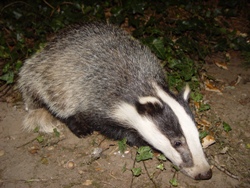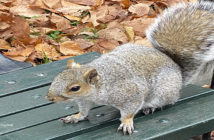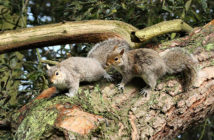The government announced yesterday that the badger cull trial is to be delayed until next summer. Protest groups immediately claimed victory.
But is this a government U-turn as the opposition claim or a genuine postponement for technical reasons. Only time will tell. On the face of it the reasons for postponement do seem sensible.
|
A recent survey has shown that the estimated badger populations of 4,300 in West Somerset and 3,600 in West Gloucestershire were far higher than previous data suggested. To have a positive impact on TB levels in cattle the scientific evidence dictates that a minimum of 70% of the local badger population has to be culled. With winter approaching achieving this level of control among these higher populations is going to be pretty difficult – hence the delay, which, it turns out, has been made at the request of the National Farmers Union (NFU). |
Badgers reprieved for now |
|
NFU president, Peter Kendal said: “The NFU and its members take their responsibilities on this issue extremely seriously and I know there will be many who are devastated by today’s news. “We have all worked tirelessly to prepare for the delivery of this government policy to see us finally get on top of this terrible disease. “But there have been a series of obstacles, not least the appalling weather, delays because of the Olympics and Paralympics, and the legal challenges from those against the policy. And let’s be clear, the numbers from the badger population survey last week, which demonstrated just how large the badger numbers are, have left us with a huge challenge to ensure we achieve the targets needed for disease control.” “As we rapidly approach winter the odds of achieving that number decrease. This is why, reluctantly, we have taken the decision, with the companies involved, to delay until late spring next year. Postponement is the most responsible thing to do.” Both Farmers Guardian and Farmers Weekly have extensive online reports on this issue. |
|




